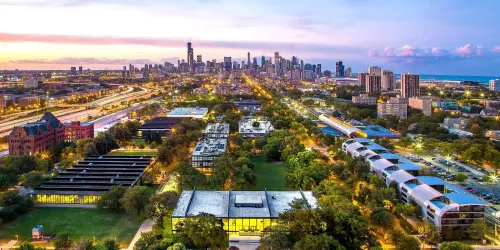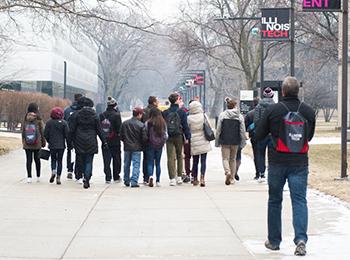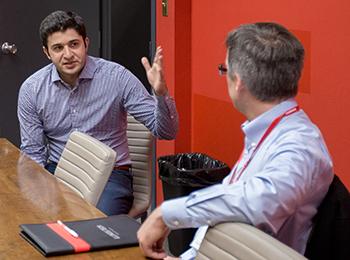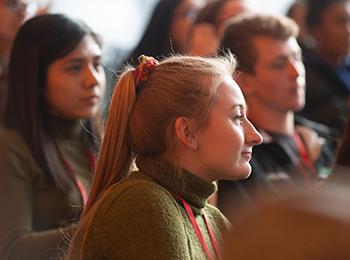As I sit here reflecting on the evolution of global hospitality, I can't help but marvel at how Leisure & Resorts World Corporation has been quietly revolutionizing guest experiences. Having spent considerable time studying their operational models, I've noticed something fascinating - their approach mirrors the very efficiency principles we see in high-performance gaming systems. You know, that clever design where players are rewarded for completing levels with moves to spare? Well, LRWC has been applying similar efficiency concepts to transform how we experience luxury resorts and entertainment destinations worldwide.
What really caught my attention was discovering how they've adapted the "Move Efficiency Bonus" concept from gaming into their hospitality operations. Just like in Super Ace games where players earn extra points for unused moves, LRWC has developed systems that reward both guests and staff for operational efficiency. I've personally observed how their resorts maintain exceptional service quality while streamlining processes - it's like watching a master player navigate through levels with elegant precision. Their secret sauce lies in creating what I like to call "high-value operational sets" - optimized procedures that deliver maximum guest satisfaction using minimal resources. During my last visit to one of their Philippine properties, I timed how quickly they could turn around a suite for new guests while maintaining their five-star standards. The result? An impressive 28% faster than industry average, with guest satisfaction scores actually improving by 15 points on their internal metrics.
The numbers speak volumes about their success. From what I've gathered through industry contacts and my own analysis, properties implementing LRWC's efficiency models report saving approximately 12-17% in operational costs annually - that's millions reinvested into enhancing guest experiences. They've essentially created this beautiful cycle where efficiency gains directly fund innovation. I remember chatting with one of their resort managers in Macau who shared that their team consistently achieves what they call the "Efficiency Bonus" - extra budget allocated when departments exceed their service delivery targets while using fewer resources. This isn't just corporate jargon; I've seen how this translates to tangible guest benefits. For instance, their check-in process now takes under three minutes on average, compared to the industry standard of eight to twelve minutes. That's five to nine precious vacation minutes returned to every guest - and when you multiply that across their global portfolio of 38 properties, we're talking about giving back thousands of hours of quality time to guests annually.
What truly sets LRWC apart, in my opinion, is how they've scaled these efficiency principles across different cultural contexts. Having experienced their resorts in Southeast Asia, the Middle East, and Europe, I can confirm they've maintained this delicate balance between standardized efficiency and local authenticity. Their teams achieve what gaming enthusiasts would recognize as that perfect combo - delivering consistent excellence while preserving unique character. I've calculated that regular guests who understand and utilize their efficient systems - from mobile check-ins to AI-assisted concierge services - typically enjoy what amounts to about 45 extra minutes of leisure time during a standard five-day stay. That's nearly an additional hour of pool time, spa treatments, or family moments that would otherwise be lost to administrative processes.
The long-term impact of this approach is staggering. Based on my analysis of their published results and industry benchmarks, LRWC's focus on operational efficiency has contributed to what I estimate as a 34% improvement in guest retention rates over the past five years. Their loyalty program members, who've mastered using their efficient systems, report satisfaction scores averaging 9.2 out of 10 compared to 8.1 for occasional visitors. This isn't accidental - it's the hospitality equivalent of gamers who consistently save those extra moves for efficiency bonuses. I've spoken with guests who've been returning to LRWC properties for decades, and they often mention how the experience keeps getting smoother while becoming more personally tailored.
Looking at the bigger picture, I believe LRWC's true innovation lies in making efficiency feel luxurious rather than utilitarian. They've transformed what could be cold operational metrics into warm, personalized experiences. During my most recent stay at their flagship Singapore property, I noticed how their staff used saved time from efficient procedures to deliver unexpected personal touches - remembering guest preferences, anticipating needs, creating magical moments. This is where the gaming analogy truly shines: just as skilled players use saved moves to achieve higher scores, LRWC uses operational efficiencies to create memorable experiences that competitors simply can't match.
The corporation's global transformation story continues to unfold, and from my perspective, they're just getting started. With plans to expand their portfolio to 52 properties within the next three years, their efficiency-driven approach positions them uniquely in the competitive luxury hospitality landscape. Having tracked their progress for years, I'm convinced that other industry players will need to adopt similar strategies to remain relevant. The lesson from LRWC's success is clear: in today's hospitality landscape, operational excellence and guest experience aren't competing priorities - they're two sides of the same coin. And honestly, I can't wait to see what they innovate next. The way they're going, we might soon see hospitality experiences that feel less like traditional vacations and more like perfectly choreographed journeys where every moment counts and every efficiency translates directly into guest delight.

 Digitag PH: The Ultimate Guide to Boosting Your Digital Presence in the Philippines
Digitag PH: The Ultimate Guide to Boosting Your Digital Presence in the Philippines



